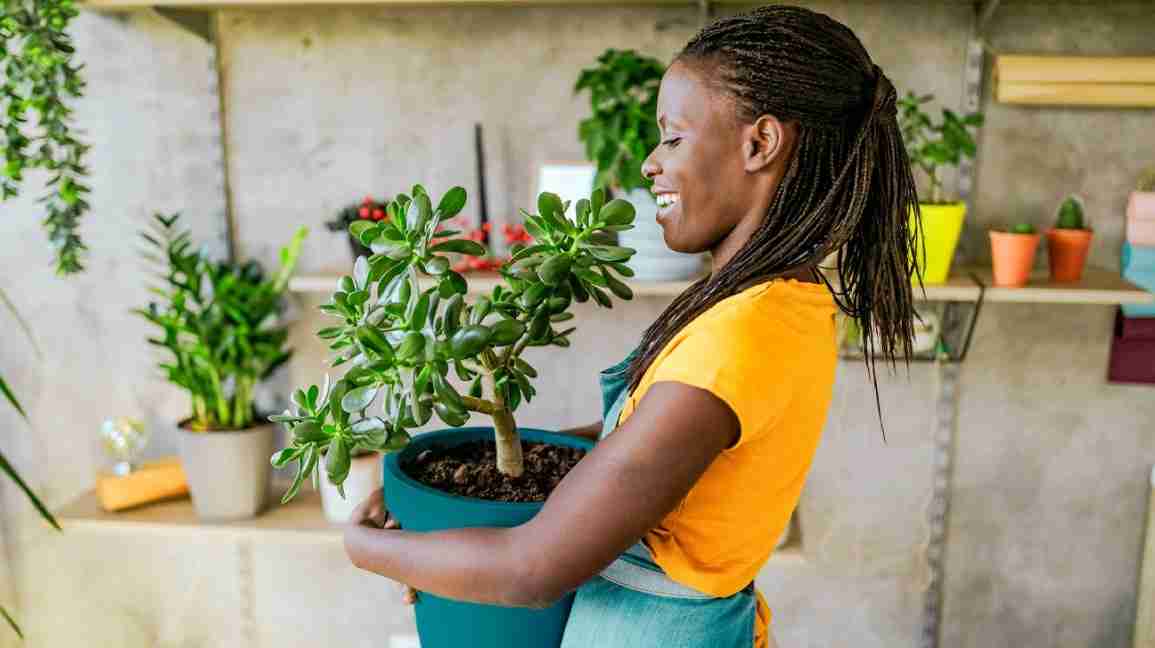From the Black Women’s Health Imperative
These are stressful times in the age of COVID-19. We are all facing the fears and anxiety of what’s next.
We are losing friends and family members, and we are hearing more about the roles health disparities are playing in the high rates of COVID-19 infections in communities of color.
But how do Black women and families stay mentally healthy and whole?
In addition to fears of contracting the virus, we are dealing with the economic instability it has caused. Black women tend to be among the most economically vulnerable.
This pandemic has raised the stakes.
Fears of unemployment, job furloughs, and revenue losses for small businesses are ramping up stress and triggering the mental health issues that are so real on a daily basis.
Anxiety about paying the rent, educating the kids, and buying food are overwhelming, too.
The Black Women’s Health Imperative knows that so many Black women and men are struggling to keep their emotional footing, especially now.
According to the National Alliance on Mental Illness (NAMI), approximately 30% of African American adults with a mental illness receive treatment each year, compared to the U.S. average of 43%.
We can and must do better in providing access to care and resources, especially now.
Even without a global pandemic, communities of color struggle against the stigma in order to address their mental health needs. It is a challenge to be able to afford counseling and culturally appropriate support.
Actress Taraji P. Henson is doing her part through her Boris Lawrence Henson Foundation (BLHF).
Henson recently launched a COVID-19 virtual therapy initiative to serve communities of color as they navigate major life changes triggered by the coronavirus crisis.
“(BLHF) recognizes that during this difficult time, affording the cost of mental health services can be a barrier in the African American community.
“Having to choose between a meal and mental health is not something that one should ever have to ponder,” Henson says in a statement on the BLHF website.
“We’re walking around broken, wounded and hurt, and we don’t think it’s OK to talk about it,” she says.
“We don’t talk about it at home. It’s shunned. It’s something that makes you look weak. We’re told to pray it away,” she adds.
“People are killing themselves. People are numbing out on drugs. Not everything is fixed with a pill.”
This new COVID-19 world of lost jobs and isolation has made it more complicated. But organizations that offer mental health support, like BLHF, can be so important to people who are struggling in this crisis and beyond.
Finally, mental health and medical experts are acknowledging the impact of stress, post-traumatic stress syndrome (PTSD), depression, trauma, and other mental health struggles in Black communities.
Barbara J. Brown, PhD, Washington, DC-based psychologist of Capitol Hill Consortium for Counseling and Consultation, LLC, says, “Whether it is COVID-19 or something else, it will always be true that the greater the loss of control that we feel from something outside of ourselves, the greater the need will be to find a center of control within ourselves.”
This virus is uncharted territory for all of us, and you don’t need a diagnosis to acknowledge and validate your feelings of stress and uncertainty.
“Boosting our internal coping skills is our best defense to manage our mental health during the current COVID-19 pandemic, Brown says.
“If we are going to build emotional immunity to stress, we must attend to the core areas of sleep, exercise, and nutrition to create a foundation of emotional wellness.
Here are some things you can do now to support your emotional and mental health.
Manage medications
If you have a diagnosis and have been prescribed medication to manage your mental health, keep taking it.
And if you can’t afford your medication, due to job loss, loss of insurance, or other issues, there are resources available.
Establish a routine
Get a schedule and try to stick to it daily. Routine is so important in managing your mental and physical health.
Eat healthy
Fresh healthy food, like fruits and vegetables, are important to managing your physical and mental well-being. Avoid high fat and high sugar foods that offer empty calories.
Exercise
Get some fresh air and exercise. You may not be able to go to a gym at this point, but there are many online classes that can help you get 30 minutes plus of mood-lifting exercise.
Yoga practices can help boost both mental and physical health. Or just get out and walk.
Be sure to practice physical distancing, also referred to as social distancing, and wear a mask, if you are going to be around other people.
Make an uplifting playlist
Get a playlist of your favorite music. It can help lift your mood and calm your anxiety and fears. It may be gospel, jazz, hip hop, old school, pop, or any other type of music.
Establish connections
Find new ways to connect with family, friends, and colleagues.
One of the biggest concerns is the isolation we are all feeling from staying in the house. Reach out to friends via social media, phone calls, and video streaming services. These tools can help us feel connected.
Nourish your spirit
Don’t ignore your spiritual health.
Meditation, faith, and prayer are all important at times like these. Just because we can’t go to a service right now doesn’t mean that we can’t worship at a distance together.
Connect virtually.
Try not to focus on the things you can’t change right now. Instead, focus on the things you can control.
Never be afraid to reach out for help; whether you use virtual therapy or choose to call a hotline, stay connected.
And remember that it will get better if we stay connected.
The Black Women’s Health Imperative (BWHI) is the first nonprofit organization founded by Black women to protect and advance the health and well-being of Black women and girls. Learn more about BWHI by going to www.bwhi.org.

